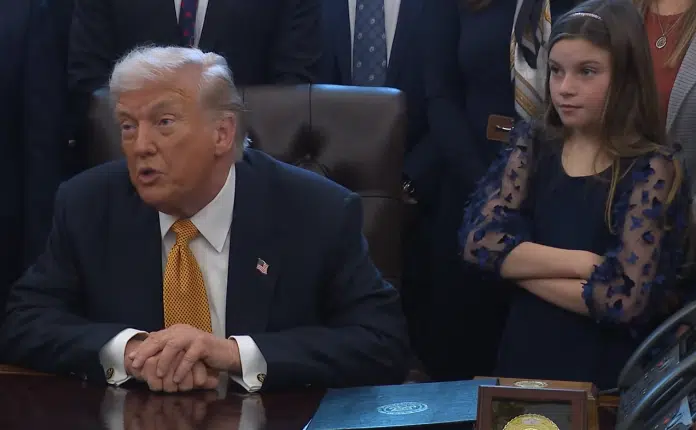First they came for the search results.
A French regulator wants to block search engine results worldwide that it doesn’t like. The case involves Europe’s so-called “right to be forgotten,” established by the European Union’s Court of Justice in 2014, that allows individuals to have their names removed from search engines like Google.
In June, France’s Commission Nationale de l’Informatique et des Libertés ruled that Google must process these requests, not simply on a national basis, but globally. Meaning, if a French individual requests a name to be removed, it would have to be taken off not only Google.fr but also, Google.com, Google.co.uk, etc.
Google has since appealed, with the regulator rejecting that appeal, meaning the case is likely to find its way to court at the European level.
So, can France tell Google what appears in search results in the U.S.?
If it can, and if it succeeds, the implications would be quite far-reaching, and set a precedent where foreign actors and, eventually, transnational bodies can censor the Internet — even here in the U.S.
For example, what if such a precedent went beyond search results, and focused on, say, domain name resolution?
Right now, the U.S. government under the Obama administration has been attempting to transition U.S. oversight of the Internet Assigned Numbers Authority (IANA) functions from the National Telecommunications and Information Administration (NTIA) to the Internet Corporation for Assigned Names and Numbers (ICANN).
If the effort succeeds — right now Congress has an active prohibition on any such transition taking place in the current continuing resolution — the impact would be that a single entity globally, ICANN, would handle changes to what is known as the root zone file. This file directly links unique IP addresses with easy-to-remember domain names.
Leaving that much power in the hands of an unaccountable, singular global agency could be a decision we all come to regret. For starters, what if foreign actors begin making demands not only to censor search engine results, but also resolution of domain names?
Right now, the only thing to stop it would be the U.S. government contract with ICANN to perform the IANA functions, which has the virtue of extending First Amendment protections to the resolution of domain names.
But, remove the U.S. government contract, and suddenly those First Amendment protections go out the window.
One need only look to France’s attempt to dictate the search engine results for the entire world to figure out the mischief that might occur. This could be the beginning of a global censor — with ICANN used as black tape to blot out undesirable websites. Suddenly the organization tasked with resolving domain names with unique IP addresses is compelled by foreign entities to do precisely the opposite.
Sure, laugh now, but when Google made the decision to set up its search engine on multiple countries’ top-level domain names, it probably never considered the possibility that it could result in the ability of a single government to dictate what goes on all its other domain names.
All of which should give everyone who has supported giving control of the Internet to ICANN pause.
For now, the solution for Google might be to simply stop using foreign top-level domain names — the utility of which drops about in direct proportion to the extent of regulation that results from their utilization. (Just type in Google.fr and you will see you are on France’s version of Google. Well, it works in reverse. There is no reason why Google.com could not just be reconfigured with additional language and location filters.)
All of which underscores the value of the U.S.-led Internet. Because, thanks to the First Amendment, no regulator here could tell an American search engine, particularly one on the U.S.-based .com handle, which types of search results are forbidden. Let alone dictating which websites are allowed to be accessed via the root zone.
So, how long before the ICANN-led Internet has everyone pining for the good old days of NTIA oversight?
If everyone really does support the free and open Internet, then the only outcome that makes sense is retaining the status quo of the U.S. government contract with ICANN overseeing the domain name system. The attempted French takeover of Google’s search results is just the beginning.
Robert Romano is the senior editor of Americans for Limited Government.







